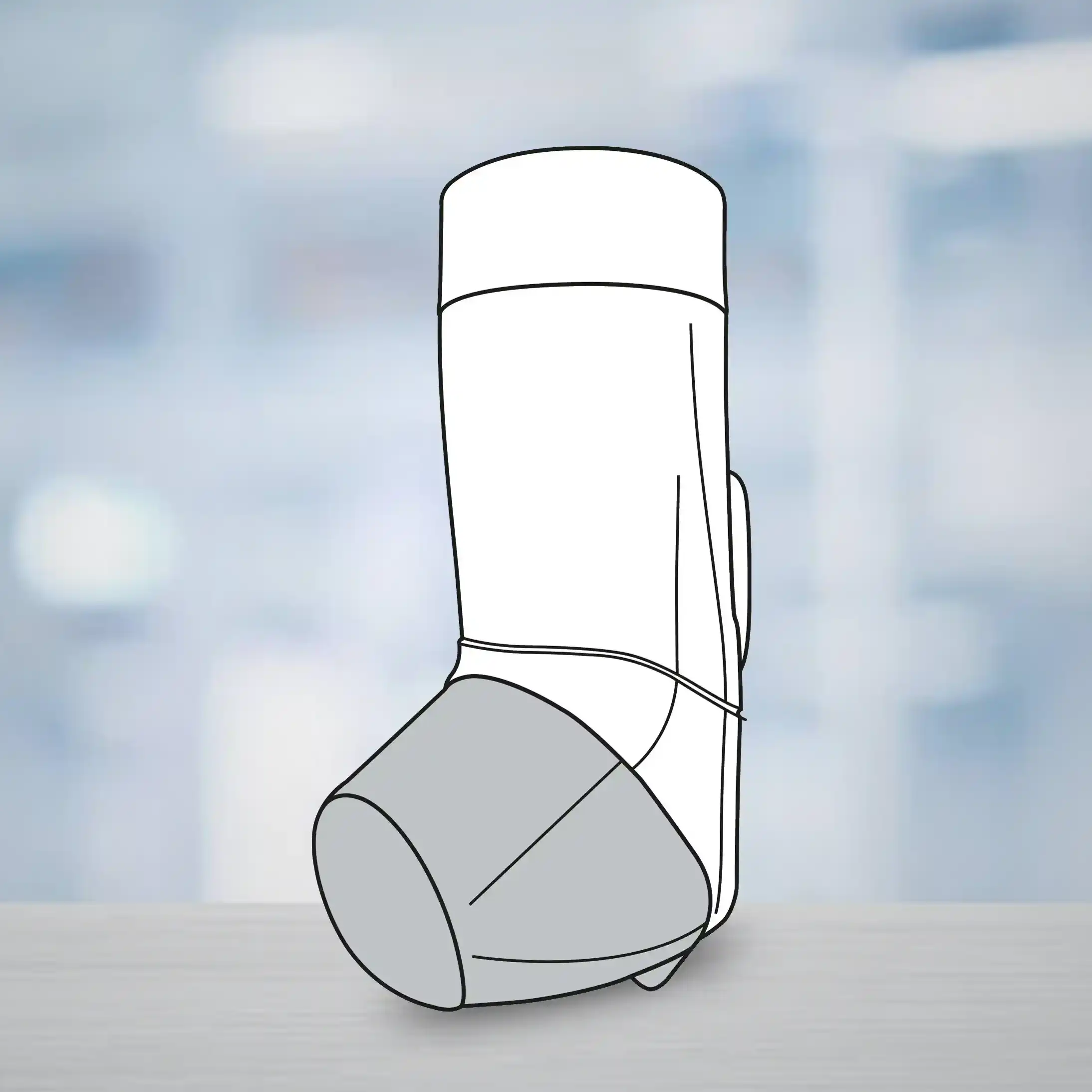General Awareness on Methotrexate Tablets
What is methotrexate?
Methotrexate is one of the most effective and first choice of medications in the treatment of rheumatoid arthritis, some forms of childhood arthritis, and psoriasis.
How does it work?
Methotrexate belongs to class of drug called a disease-modifying anti-rheumatic drug (DMARD). It is an immunosuppressant that helps in decreasing the pain and swelling of arthritis, halts joint damage, and prevents long-term disability.
How should you take methotrexate tablets?
Always take methotrexate tablets exactly as per your doctor’s instructions. Check with your doctor if you are not sure. Methotrexate is usually taken as a single dose once per week; sometimes, the dose may be given as split doses, that is, three divided doses as per doctor’s instructions, to avoid side effects. Your doctor may prescribe a vitamin supplement (folic acid) to reduce the occurrence of side effects.
What do you need to know when you take methotrexate tablets?
- Regular laboratory monitoring is required to monitor blood counts and your liver function while taking methotrexate.
- Alcohol increases the risk for liver damage while taking methotrexate, so alcohol should be avoided.
- You can experience fatigue and dizziness with the treatment. Do not drive or use machines if you have such symptoms.
- During methotrexate therapy, live vaccines must not be taken.
Do not take methotrexate tablets:
- If you are allergic to methotrexate, or any of the other ingredients of this medicine
- If you are pregnant or breastfeeding
- If you have liver disease or kidney disease
- If you have kidney disease
- If you have or had a bone marrow disease
- If you have or had serious blood disorders
- If you have an impaired immune system
- If you have severe infections, e.g. tuberculosis or HIV
- If you have inflammation or ulcers in your mouth or stomach or intestines
What are the possible side effects of methotrexate tablets?
- Methotrexate is an immunosuppressant (lowers your immune system’s ability to fight infections). If you develop symptoms of an infection while using this medication, you should contact your doctor.
- The most common side effects are gastrointestinal upset (indigestion, nausea, vomiting, etc.) and it can also lead to liver disorders. Other side effects are mouth sores, rash, diarrhoea and abnormalities in blood counts (so it is important to have this monitored via routine blood tests).
- Methotrexate can cause scarring (cirrhosis) of the liver, but this side effect is rare and most likely to occur in patients who already have liver problems or are consuming alcohol or drugs that are toxic to the liver.
- Lung problems can occur rarely when taking methotrexate.
- Gradual hair loss has been observed in patients, but this can often be managed by taking folic acid and the hair grows back when the person stops taking methotrexate.
- It is important to note that the majority of the patients do not experience any side effects and that, in those who do, many of the minor side effects will improve with time.
What should you tell your doctor while on therapy with methotrexate tablets?
- You should contact your doctor if you develop symptoms of an infection, such as a fever or cough, or if you think you are having any side effects.
- Remember to tell your doctor if you are taking, have recently taken, or might take any other medicines. Methotrexate tablets may affect the efficacy and safety of other medications.
- Talk to your doctor if you plan to have surgery or will be receiving chemotherapy or radiation therapy.
- Be sure to let your doctor know if you are pregnant or breastfeeding, think you might be pregnant, or are planning to have a baby and consult your doctor for advice before taking this medicine.
- Men taking methotrexate should talk to their doctor prior to making plans to have a baby.
Reference
- https://www.rheumatology.org/Portals/0/Files/Methotrexate-Fact-Sheet.pdf Accessed on 18 March 2021
- Prescribing information. Imutrex Tablets. Last updated: Feb 2019
- https://www.medicines.org.uk/emc/product/511/pil#gref Accessed on 18 March 2021










